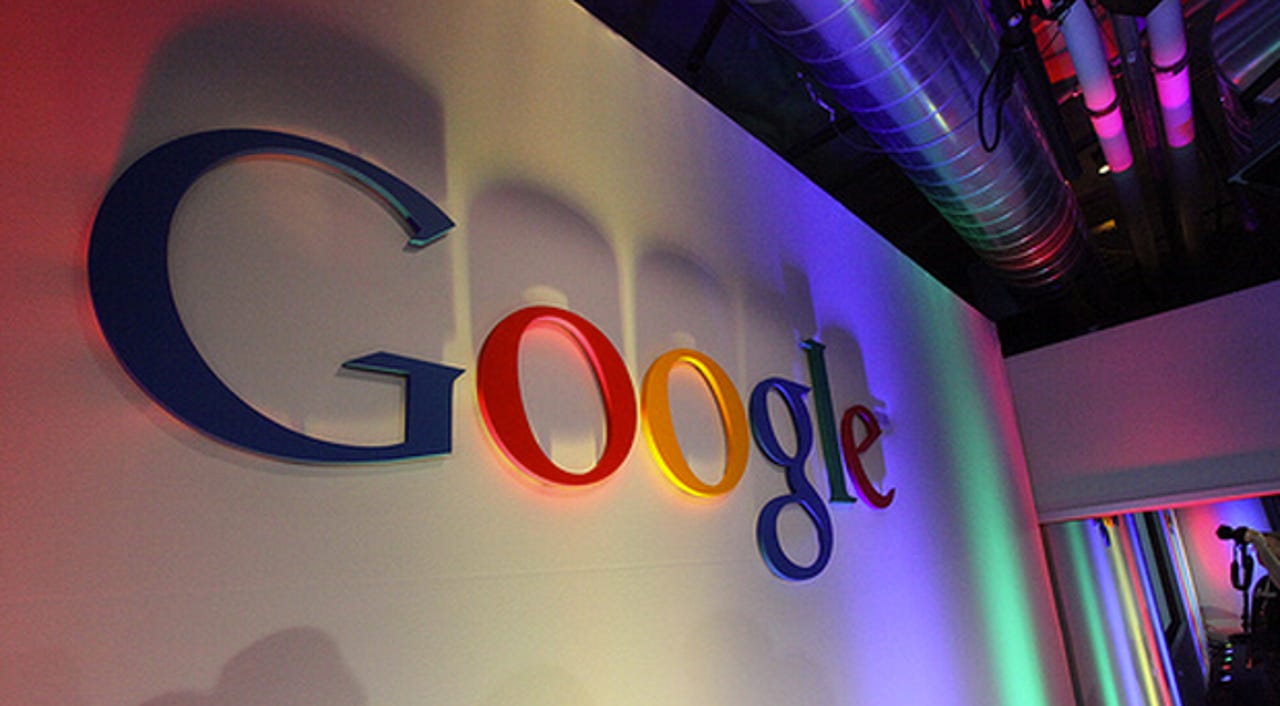EU, Google strike search antitrust settlement deal: report

European antitrust authorities have reportedly agreed to concessions submitted by Google following a two-year investigation into the company's business practices, according to a number of news sources.

The investigation, which began in 2010, sought to determine whether Google favors its own services in search results, harming competitors. Numerous rivals, from TripAdvisor to Expedia, complained to EU authorities, claiming that Google is abusing its dominant position in the search market by pushing out rivals.
The deal, which falls under Article 9 of the European antitrust rules, has been accepted in principle, according to sources. The concessions will be tested in the wider market, allowing competitors to comment and critique the proposed changes. This could take more than a month for such market testing to complete.
While Google's proprietary search algorithm will not change, according to The New York Times, certain search results that ordinarily offer Google-provided services will also have to display rival and competing products.
Results from Google that link to shopping, mapping, and flights — services that the company offers as part of its wider range of services — will also have to be labeled clearly.
Should rivals and competitors accept the changes, Google could avoid massive fines in the region by the European executive body.
However, fines up to 10 percent of Google's annual turnover could be issued, a figure that could amount to €2.9 billion ($3.8bn) based on the company's 2011 global revenue.
One investigation, four complaints
The four main areas of concern by EU authorities were noted in a letter by EU Competition Commissioner Joaquin Almunia to Google executive chairman Eric Schmidt in early 2012. These include claims that it "copies content" from competing vertical search services for use of its own offerings, and makes it difficult to port ad campaigns to rival services.
The EU settlement will also include changes to Google's AdSense advertising platform contracts, which would make it easier for websites to offer ads from rival services in conjunction with Google's own advertising platform.
While Google has around 67 percent of the US search market, it has more than 90 percent in the EU. Google generates around 95 percent of its global annual revenue from its advertising business.
The US Federal Trade Commission (FTC) closed a two-year probe into the company in January. Google avoided financial penalties, but was forced to make some changes to its search advertising business.
Just as with the US ruling, which now allows sites to opt out of "vertical" search sites — such as Google News or Google+ Local — without harming their search rankings, the EU case runs deeper by offering the creation of a new tool to prevent certain content from being indexed and displayed by Google's search results.
Comparatively, Google's slap on the wrist just about exceeds that of the FTC's decision earlier this year, albeit with the risk of greater financial penalties in the long run if it fails to keep up with the agreed terms with EU authorities.
The other major difference is that the settlement with the EU will last for five years.
So long as Google continues to abide by the legally binding EU ruling, it will continue to avoid penalties. That said, should it fall afoul of the agreement — similar to Microsoft's browser ballot agreement — Google will face severe financial penalties that would likely exceed any fine that it could have faced today, should its settlement offer have been rejected.
But while this may appear on the face of it to be a get-off clause for the search giant, the decision to hit Google's search business may ultimately — even if it is for the sake of fair competition in the region — ding Google's expected revenue in the long term by linking to competitors.
And this won't be the last round of headaches for Google with Europe.
FairSearch, a coalition of companies such as Microsoft, Expedia, Oracle, and more than a dozen technology companies, fired off a fresh complaint toward the EU's Competition Commission over claims relating to Google's own Android mobile operating system.
The group claimed that the search-turned-mobile giant is abusing its position as the mobile market share leader "to dominate the mobile marketplace and cement its control over consumer internet data for online advertising as usage shifts to mobile".
We've reached out to Google for comment, but did not hear back outside of US business hours.